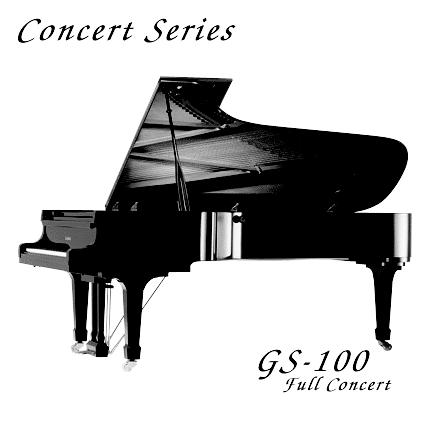
2 minute read
second VP’s Column

this is an exciting time for me in that I am busily contacting adjudicators for the State Solo Contest and preparing for a concert performance at the MENC Northwest Division conference. When anyone asks me what I’m doing these days, I usually say I’m trying to do my part to spread the good word about music and its importance in our lives.
Advertisement
the state solo Contest
Anyone who wishes to gauge the value of music in the life of a highschool student needs only look at those who take part in our State Solo Contest. These accomplished vocalists and instrumentalists comprise only a fraction of those involved in making music in our high schools. Each of them displays levels of poise and musicianship that are truly wonderful to see. They didn’t reach this high level of personal development without hard work and personal sacrifice; they are, in fact, living testaments to the fact that music improves overall intellectual development. Their level of excitement at taking part in the contest further speaks to their sense of accomplishment, regardless of their final score.
At the end of the day they will say it was all worthwhile.
None of this surprises music teachers. Music educators agree unanimously that music introduces concepts to develop the mind that also have broad application in other areas of life. For example, music helps students develop discipline and perseverance, qualities essential to their success as performing musicians. Their determination to keep working on a particularly difficult passage until they master it not only helps students in their quest to get to the state solo contest, but also it will prove to be an invaluable asset when they strike out on their own and seek success as an adult.
the MenC Conference
Speaking of adults, I’m enormously proud that the Oregon Symphonic Band (OSB) has been selected to play at the MENC conference in February. Every one of the adults in OSB would be happy to talk your ear off about the impact that music has had on them throughout their lives. Many members are not music teachers or professional players—software engineers, librarians, railroad engineers, policemen, retirees, stock brokers, and book keepers also play in OSB—yet there is no question that music is essential to their quality of life.
Everyone in the OSB undoubtedly went through exactly the same process that is now shaping the students who hope to perform at Oregon’s State Solo Contest. They probably participated in their own state solo contest early in their own musical development. The skills they learned at that time, and continued to hone through the years have led them to a new high point: their upcoming performance at our MENC Division conference.
At the end of the day they will say it was all worthwhile.
All the students and adults I’ve mentioned have a number of things in common engendered by their mutual love of music: self-discipline and self-motivation, commitment, patience, self-confidence and poise, perseverance, a sense of personal responsibility, coordination skills, goal setting, achievement, enjoyment, and enthusiasm. Aren’t these pretty good reasons to cite when explaining music and its importance in our lives, regardless of one’s age?
It works for me.

richard Long Advocacy Chair
introduction: A time to Advocate
Obviously Oregon is a state in transition. We’re not sure where we are going, but mu sic educators know we cannot stay where we are. As individu als, teachers, and members of OMEA, we have the opportunity to inspire others and improve the role of music education in the public schools through our advocacy efforts.


It has been very rewarding to see political advocacy become a higher priority in the OMEA and to see our efforts bring some rewards. Even though there was not much gained in the November 2002 election, there were positive changes in the way education issues were presented to the voters.





